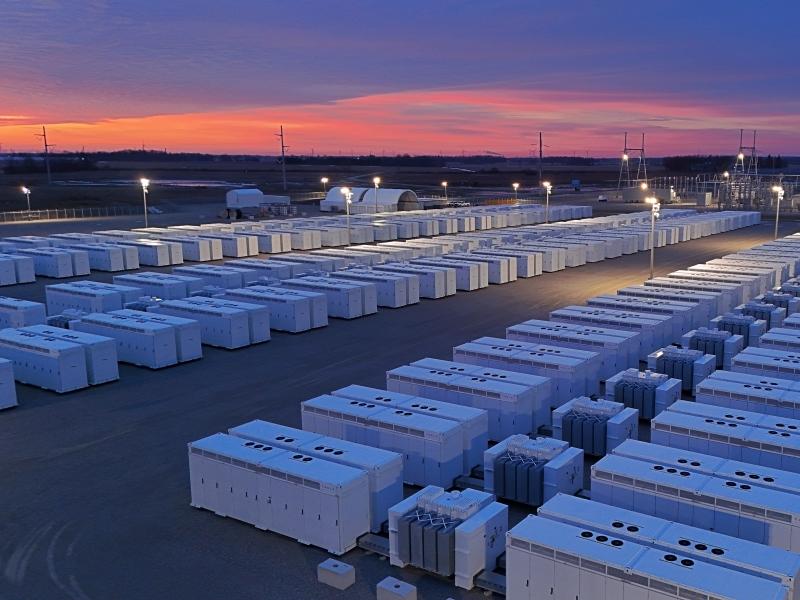
Vancouver-based carbon mineralization company Arca is collaborating with several global nickel producers to use its technology to permanently capture and store carbon dioxide from mine tailings.
The company announced partnerships with Rio de Janeiro based-Vale, one of the world’s largest mining companies, as well as Australian juniors Poseidon Nickel, Nickel Search and Blackstone Minerals.
“We choose our partners in a number of ways. First, based on the geology of their mine sites," Arca’s CEO Paul Needham told SustainableBiz. "Our head of science Greg Dipple is a well-known personality in the mining world, and through his 20-year history in the industry, he has established contacts with all of the main mining companies that produce nickel from ultramafic rock.”
“Second, an important point to emphasize is that we also look for companies aligned to our values, who demonstrate that they abide by and pursue good social, environmental and governance practices.”
The company was founded in September 2021, the result of 20 years of research from University of British Columbia geology professors Dipple, Bethany Ladd and Peter Scheuermann.
Arca's portfolio of technologies are patent-pending and until January of this year, it was known as Carbin Minerals Inc.
Arca has pre-sold $1 million in carbon credits to Shopify and Frontier. The company had previously been recognized with a US$1 million XPRIZE award for carbon removal funded by the Musk Foundation, a Foresight50 award, and received a seed funding grant from Sustainable Development Technology Canada.
The carbon mineralization process
Carbon mineralization is the process by which carbon dioxide (CO2) from the atmosphere – such as that found in rainwater – binds with magnesium present in ultramafic rocks to form magnesium carbonate.
The UBC professors observed this was also happening in mine tailings – waste material remaining after sought-after minerals and elements are removed.
“We're capturing carbon dioxide from the air and transforming it into rock,” Needham previously told SustainableBiz. “So carbon mineralization could be a really meaningful and gigaton-scale solution to climate change.”
“According to some third-party research, it's probably about just under 200 gigatons of suitable material that's already sitting at legacy mines . . . We believe there's a potential just in that to capture about 40 gigatons of CO2.”
Working with companies across the globe
“We have relationships in various stages with over one dozen mining companies, but we have only announced the five most advanced relationships in this press release,” Needham said. “Our plans for the rest of the year will focus on launching a first commercial pilot and further developing our pipeline of promising mine sites for subsequent deployment of our technologies.”
According to a release, Arca is working with mining companies in Canada, Australia, the U.S. and Southeast Asia.
The relationship begins with a desk review of a mining company’s geological data. If the data is promising, it advances to sampling and laboratory testing, and then to pilot projects.
Arca is also working with Talon Metals, a TSX-listed, Minnesota-based joint venture with Rio Tinto, on what it states is the U.S.’s only high-grade nickel resource for the domestic battery supply chain.
According to the International Energy Agency, by 2040 the mining industry will need to produce 10 to 20 times more critical metals, including nickel, for batteries and other green energy infrastructure.
“Our partnership is focused on showing how ‘waste’ from conventional nickel processing can be harnessed to store carbon that has been removed from the atmosphere or captured in industrial processes,” Todd M. Malan, Talon Metals’ head of climate strategy, said in a statement.
“This ‘waste-as-carbon-sink’ approach has further potential for reuse in building materials, thus significantly reducing the amount of waste that needs to be stored as compared to present-day legacy nickel processing.”










